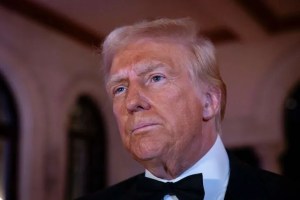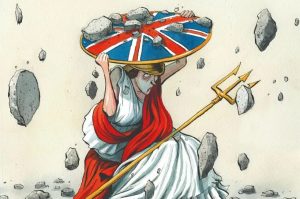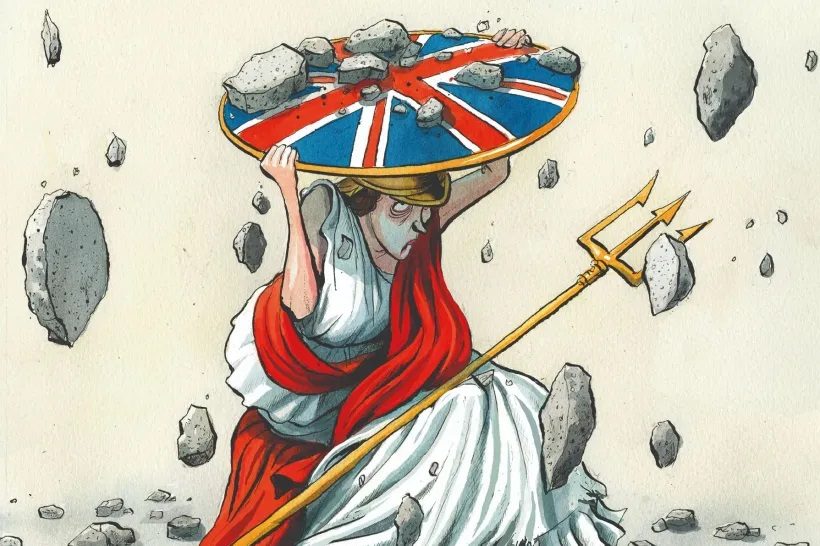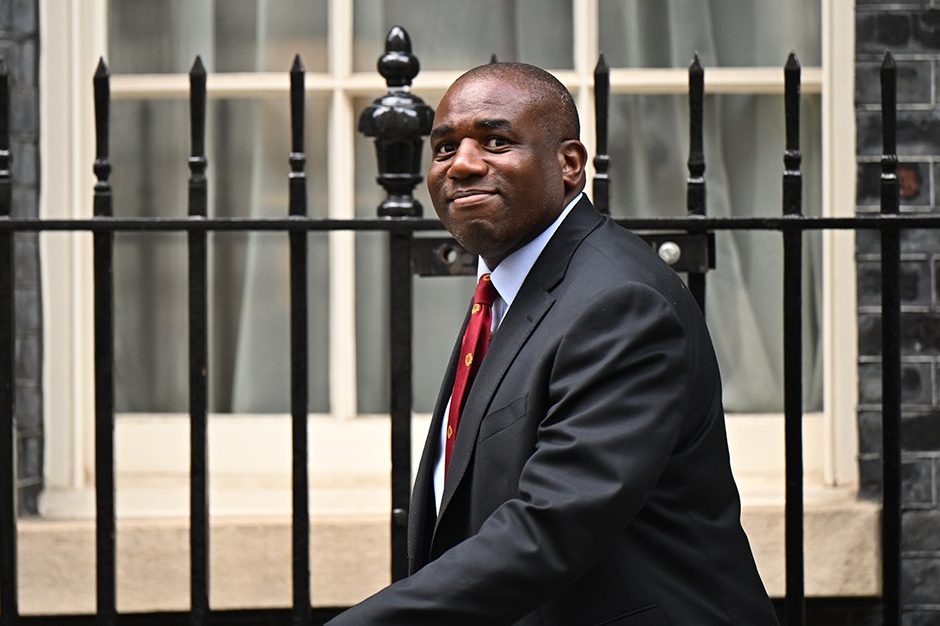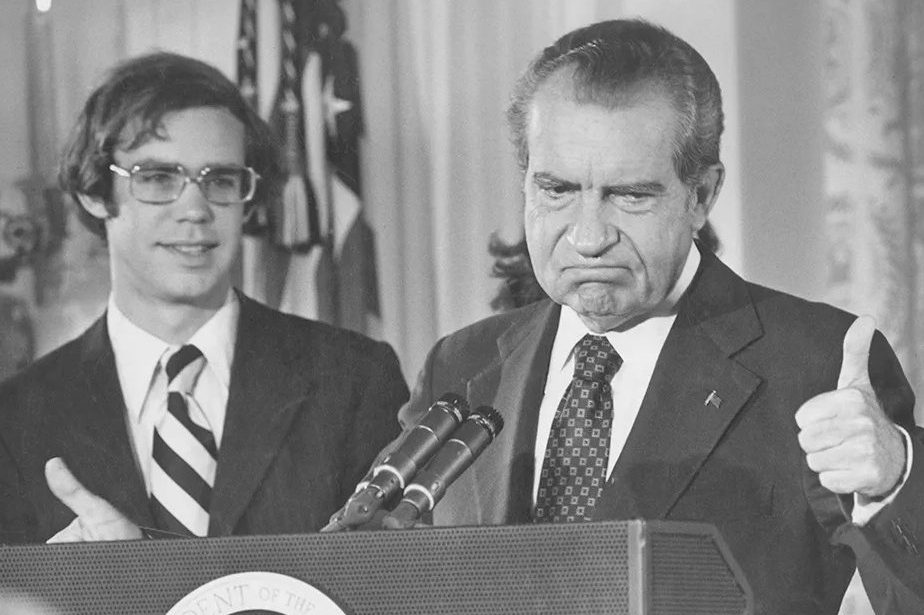Why is it that free trade, which almost everyone agrees is good when conducted with other European countries, suddenly becomes something to be feared when it is proposed with the United States? What is it about American chicken which means that Britons who eat it happily enough when they are on holiday are supposed to fear it when it is imported? And if Americans can offer world-class, well-priced medical services to Britain through the National Health Service, how is that a threat to our social fabric?
On his state visit to Britain this week, President Donald Trump reiterated his desire to do a ‘comprehensive’ trade deal with Britain. Given that we are leaving the EU in order to make our own way in the world, this is a prospect that ought to be welcomed. When Trump was asked about the NHS, he said simply that ‘everything will be on the table’ — to cries of horror from a lot of Tory ministers (and leadership candidates) who should know better. It seems to have sent ‘global Britain’ Tories into a protectionist spasm. Jeremy Hunt, Matt Hancock and Sam Gyimah were furiously declaring that under no circumstances would our health service be opened up to US firms.
When Tony Blair was prime minister, he spent a good deal of time thinking of ways to lure US health giants to come to Britain and open treatment centers to help the NHS clear its waiting lists for knee operations and hip replacements. Under a supposedly Tory government, these same companies are treated not as welcome investors but as a threat. This fits a trend. Two years ago, Michael Gove shot down the possibility of allowing chicken that has been washed in chlorine (a common practice in the US poultry industry) on to the UK market. Were US officials to try to make chicken a condition of any trade deal, Gove said that they could ‘kiss goodbye’ to a trade deal with Britain.
No trade negotiation is going to result in the NHS being dismantled. Trump was trying to be friendly: when questioned about whether the NHS would be on the table, he thought the implication was that Brits wanted it to be there so he said yes. As so often, he was not quite sure what he was saying. Theresa May had to explain to him what NHS stood for, and once he realized the sensitivity he said that America did not seek to pull apart any British public service.
But NHS care is not provided by the state alone. Today, one in every 14 NHS treatments is carried out by private-sector hospitals and clinics. Skeptics might point to the exorbitant price of medicine in the US, but nobody is suggesting we import the whole flawed American healthcare system.
On top of the direct treatments carried out in the private sector, the NHS spends £15 billion a year buying drugs, and billions more buying other equipment and services. It rents clinics and surgeries from the private sector. Some of that money is spent with US firms. There is nothing sinister about the US healthcare sector — parts of which are world-beating and more innovative than the NHS — wanting to access these markets on the same footing as European companies. It is the very principle of free trade.
For years, US companies have been helping to strengthen the NHS. UnitedHealth Group, one of the biggest companies in America, offers services such as medication management and the negotiating of contracts to the NHS. United’s former employee Simon Stevens is now chief executive of the NHS. Kaiser Permanente, a not-for-profit healthcare group based in California, has for years been held up by reform-minded doctors as a model for the NHS. But the Tories are too nervous of criticism to explore the possibilities.
As for chlorinated chicken, the supposed health risks have long since been exposed as a scare story. UK consumers ingest far more chlorine drinking water than they ever would by eating American chicken: indeed, UK salads are routinely chlorine-washed, yet we do not hear Gove talking about them. In fact, once we are out of the EU, lifting the ban on chlorine-washed chicken is something we should consider doing even without a trade deal with the US. On this issue, and many others, it will soon be time to think for ourselves again.
Conservative ministers have been far too quick to appease protectionists whose agenda is to keep US competition out of their cosy European markets. With that attitude, we are not going to get very far towards a trade deal with the US — or with any other country, for that matter. Trade negotiations require concessions. This depends on the government being prepared to look at the bigger picture and accept that, overall, free trade is a benefit. The protectionist finds it easy to forget that free trade is an exchange, a form of mutual co-operation that can only take place when each side profits.
In a few weeks’ time, Britain will have a new prime minister, charged with delivering the benefits that come from decoupling our economy from the EU. It’s often said that it would be bad for the Tories to fail to deliver Brexit. It would be worse for them to achieve Brexit only to discover that, due to a lack of imagination and courage, they do not know what to do with it.
This article was originally published in The Spectator magazine.










